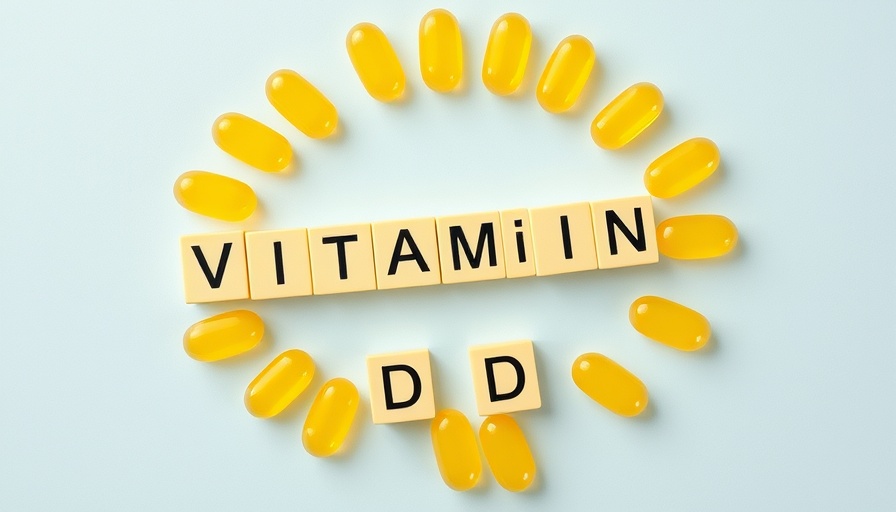
The Hidden Benefits of Vitamin D
Vitamin D, often referred to as the sunshine vitamin, has garnered attention for its essential role in maintaining immune health. Yet during the COVID-19 pandemic, its potential benefits seemed overshadowed by a wave of misinformation and regulatory skepticism. Studies have suggested that adequate levels of vitamin D can significantly improve outcomes for those infected with the virus, yet health authorities appeared reticent to fully endorse its life-saving capabilities.
A Historical Oversight?
Historically, the benefits of vitamin D have been acknowledged for promoting bone health, but its broader implications for respiratory health have often been overlooked. Research prior to the pandemic hinted at a strong connection between vitamin D deficiency and increased susceptibility to respiratory infections. This oversight raises questions about whether health authorities intentionally downplayed these findings during a global health crisis.
Perspectives on the Pandemic
The pandemic not only tested our healthcare systems but also spurred an interest in alternative health perspectives. Many wellness advocates began to emphasize the importance of vitamin D as a preventive measure. Anecdotes from individuals who took proactive steps to boost their vitamin D levels—whether through supplementation or natural sunlight exposure—highlight an undercurrent of grassroots movements pushing back against conventional wisdom.
The Future of Vitamin D Awareness
Looking ahead, there’s potential for a paradigm shift in how we view vitamins in the global health framework. As research continues to surface about vitamin D’s role beyond merely bone health, we may witness a broader acceptance of its importance in combating respiratory diseases and enhancing overall immunity. It’s vital for individuals to remain informed and proactive about their health choices, emphasizing the significance of vitamin D in their wellness routines.
Understanding the implications of such health topics will empower us to advocate for healthier lifestyles. Moreover, it highlights the importance of questioning standardized health narratives that can sometimes overlook beneficial holistic interventions.
 Add Row
Add Row  Add
Add 




Write A Comment